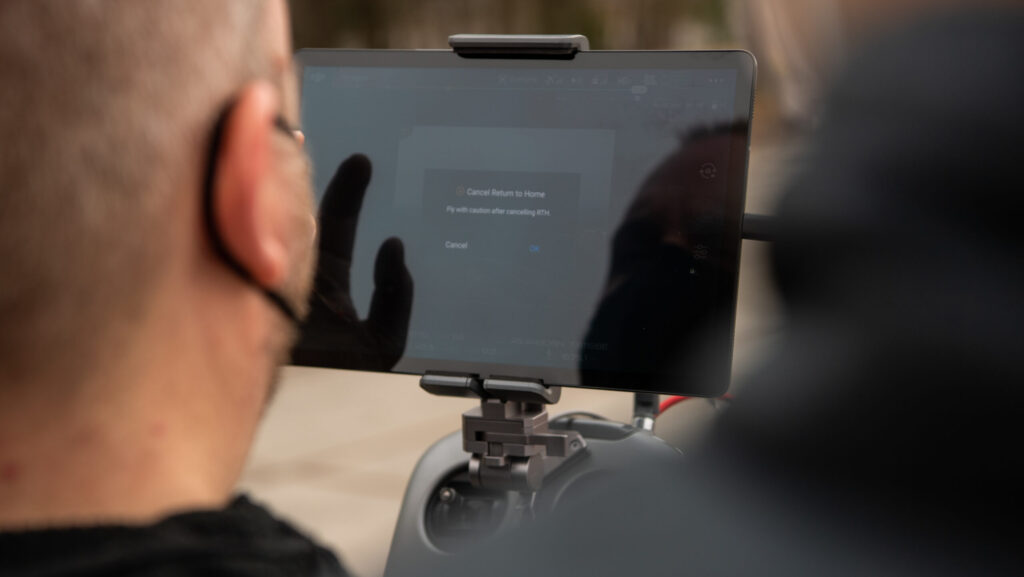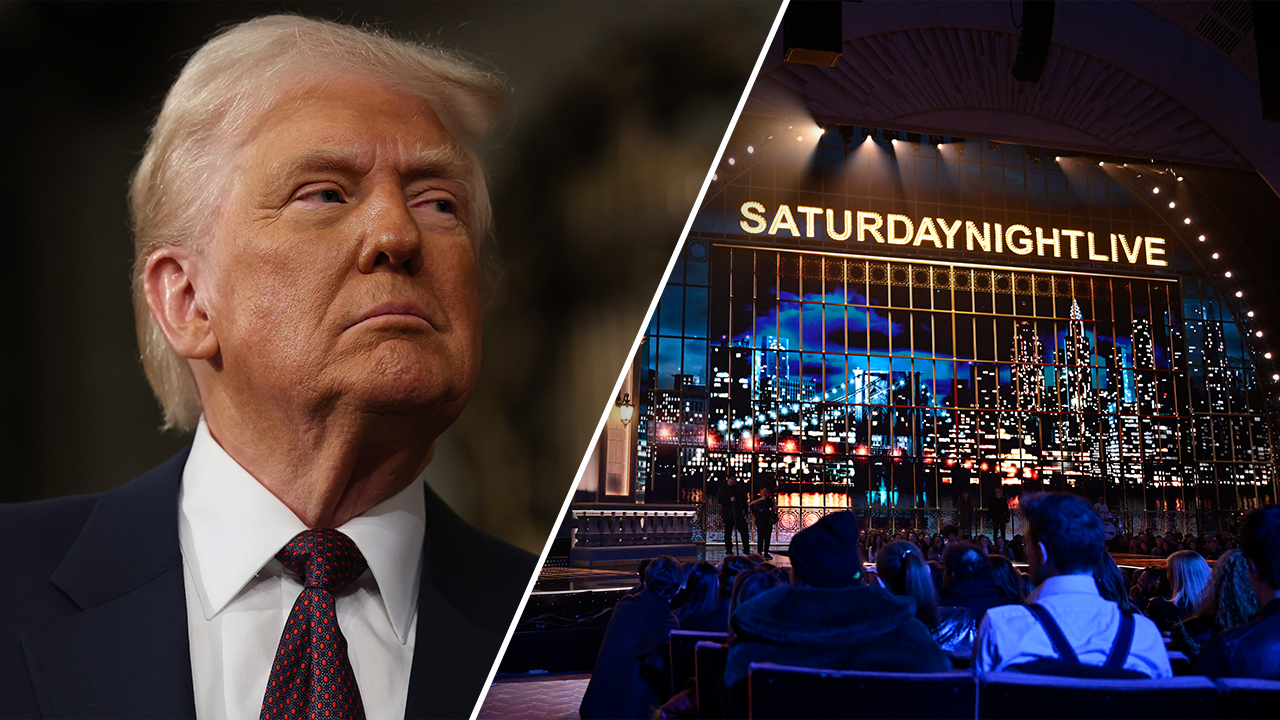Facing questions about how scientists who were intentionally sharing information with China were cleared to work at a Winnipeg lab studying deadly diseases, Prime Minister Justin Trudeau deflected criticism to his chief political rival and accused the Conservative leader of weaponizing national security.
During a Thursday news conference in Thunder Bay, Ont., Trudeau was asked how scientists working on high-security viruses at the Winnipeg-based National Microbiology Lab were able to collaborate with the People’s Republic of China.
After a years-long fight for access, the federal government dumped hundreds of pages of documents about the dismissal of Dr. Xiangguo Qiu and her husband Keding Cheng. The two were marched out of the facility in July 2019 and were stripped of their security clearances. Their dismissals were announced in January 2021.
The documents show Canada’s intelligence agency conducted multiple security screenings and determined Qiu “intentionally” shared scientific information with China, potentially putting people’s health in jeopardy.
Intelligence documents detail why Xiangguo Qiu and her husband Keding Cheng were fired from the National Microbiology Lab in Winnipeg in 2021.
“Dr. Qiu represents a very serious and credible danger to the government of Canada as a whole and in particular at facilities considered high-security due to the potential for theft of dangerous materials attractive to terrorist and foreign entities that conduct espionage to infiltrate and damage the economic security of Canada,” wrote the Public Health Agency of Canada in 2020.
The RCMP says it’s still investigating the matter. Trudeau said he’s also asked his national security adviser to look into what happened at the lab and to make recommendations.
“We know … that increasingly countries like China and others are trying to either influence or get secrets out of our country and that’s why we have to continue to be extraordinarily vigilant … to keep our research institutions safe,” said Trudeau.
He then turned his attention to Conservative Leader Pierre Poilievre, who held a press conference earlier in the day alongside MPs James Bezan, the national defence critic, and Michael Chong, the party’s foreign affairs critic.
During that news conference, Poilievre accused Trudeau of allowing China to “infiltrate” Canada and covering it up by delaying the release of the documents.
He repeated claims that China backed the re-election of a Liberal minority government in 2021. A public inquiry will resume next month to investigate the breadth of Chinese interference in Canada’s past two federal elections.
Trudeau says Conservatives ‘complete ghosts’ on Ukraine
Trudeau accused Poilievre of not taking the issue seriously.
“Unfortunately, throughout this process we have seen the Conservative Party, specifically Pierre Poilievre, choosing to spew conspiracy theories and drum up political attacks, partisan attacks, on an issue that quite frankly should be bringing Canadians and parliamentarians together to try and solve this,” he said.
“The quickness with which they’re looking for partisan advantage is not just undermining Canadians’ trust in the system, but interfering with the ability of Parliament to deal with this.”
Trudeau called out Chong and Bezan as “complete ghosts” on the ongoing war in Ukraine, and on their caucus colleague Leslyn Lewis’s petition to pull out of the United Nations.
“The choice to weaponize national security in a way that is rife with conspiracy theories and partisan attacks is a choice that I don’t think is worthy of the kind of responsible leadership that Canadians deserve,” he said.
Getting the documents released has taken years.
The government initially opposed releasing the bulk of the information, arguing that would be detrimental to national security. Trudeau instead said he would share the documents with the National Security and Intelligence Committee of Parliamentarians (NSICOP), which is made up of MPs who are appointed by the prime minister and hold national security clearance.
In June 2021, opposition parties voted to declare the Liberal government in contempt of Parliament and to take the Speaker of the House of Commons to court to fight for their release.
Later, a special committee of MPs was set up to review the redactions. While the committee acknowledged some information should remain blacked-out due to national security concerns, it felt other information was being censored to protect government agencies.
“The committee feels the majority of the PHAC material should be lifted. The information appears to be mostly about protecting the organization from embarrassment for failures in policy and implementation, not legitimate national security concerns, and its release is essential to hold the government to account,” the MPs wrote.


















Discussion about this post